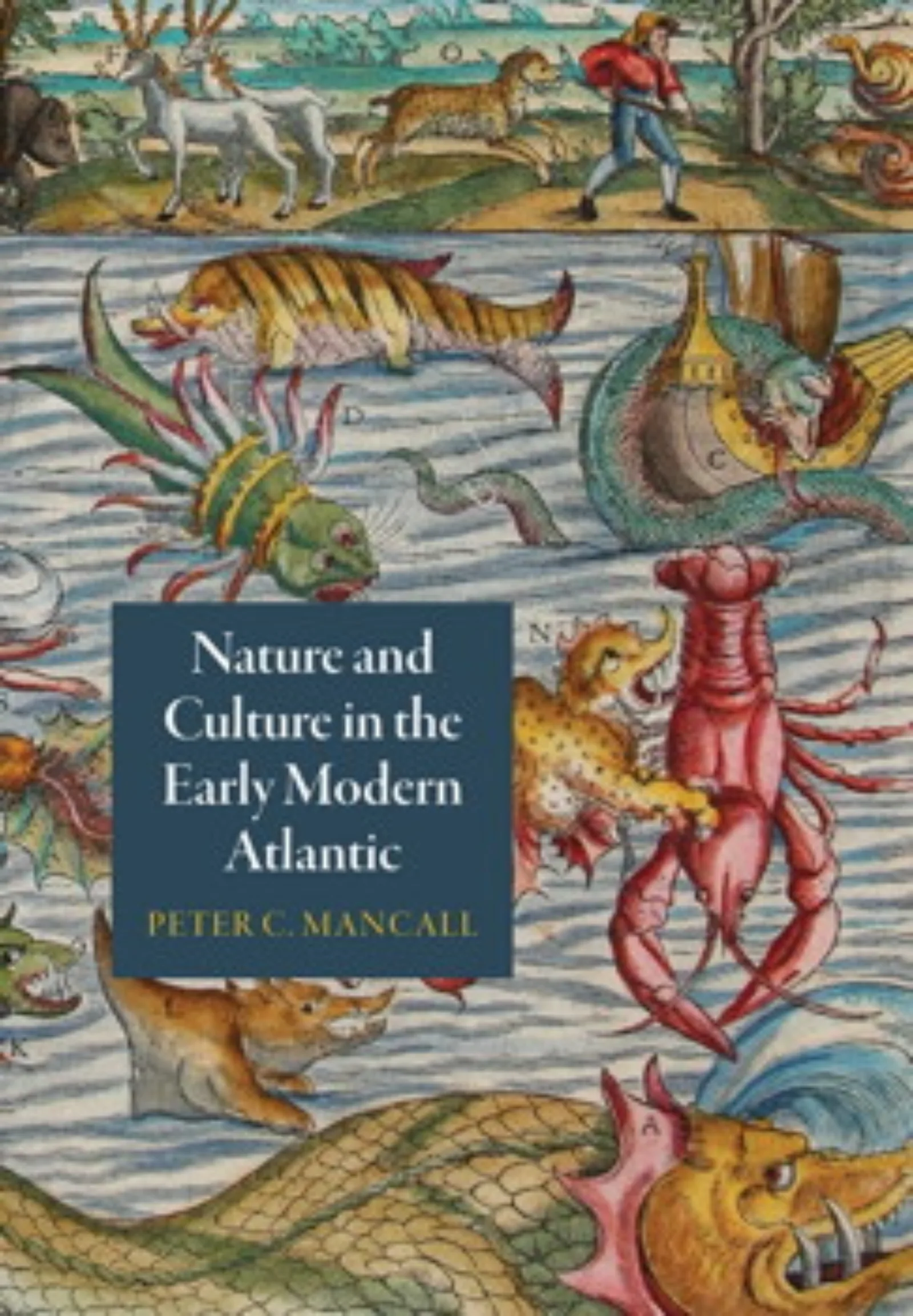In the sixteenth-century Atlantic world, nature and culture swirled in people's minds to produce fantastic images.
In the South of France, a cloister's painted wooden panels greeted parishioners with vivid depictions of unicorns, dragons, and centaurs, while Mayans in the Yucatan created openings to buildings that resembled a fierce animal's jaws, known to archaeologists as serpent-column portals. Throughout the sixteenth century, the borders between the natural world and the supernatural remained more porous than modern readers may realize. Native Americans and Europeans alike thought about monsters, spirits, and insects in considerable depth.
Join us as historian Peter Mancall reveals how Europeans and Native Americans thought about a natural world undergoing rapid change in the century following the historic voyages of Christopher Columbus. Drawing on oral history and folklore maintained for centuries by Native Americans, as well as spectacular manuscript atlases, paintings that depict on-the-spot European representations of nature, and texts that circulated imperfectly across the ocean, Dr. Mancall will explore how the encounter between the old world and the new changed the fate of millions of individuals.
After the talk, Dr. Mancall will sign copies of his new book, Nature and Culture in the Early Modern Atlantic, which will be available for purchase in the Newberry Rosenberg Bookshop.
Download a PDF flyer for this program to post and distribute, and check out a Quick Guide to materials related to Colonial America in the Newberry collection.
Peter C. Mancall is the Andrew W. Mellon Professor of the Humanities, the Linda and Harlan Martens Director of the Early Modern Studies Institute, and Professor of History and Anthropology at the University of Southern California. He is author of numerous books, including Fatal Journey: The Final Expedition of Henry Hudson—A Tale of Mutiny and Murder in the Arctic and Hakluyt's Promise: An Elizabethan's Obsession for an English America.
Cosponsored with the Society of Colonial Wars in the State of Illinois in partnership with the University of Illinois History Department.
Your generosity is vital in keeping the library's programs, exhibitions, and reading rooms free and accessible to everyone. Make a donation today.
